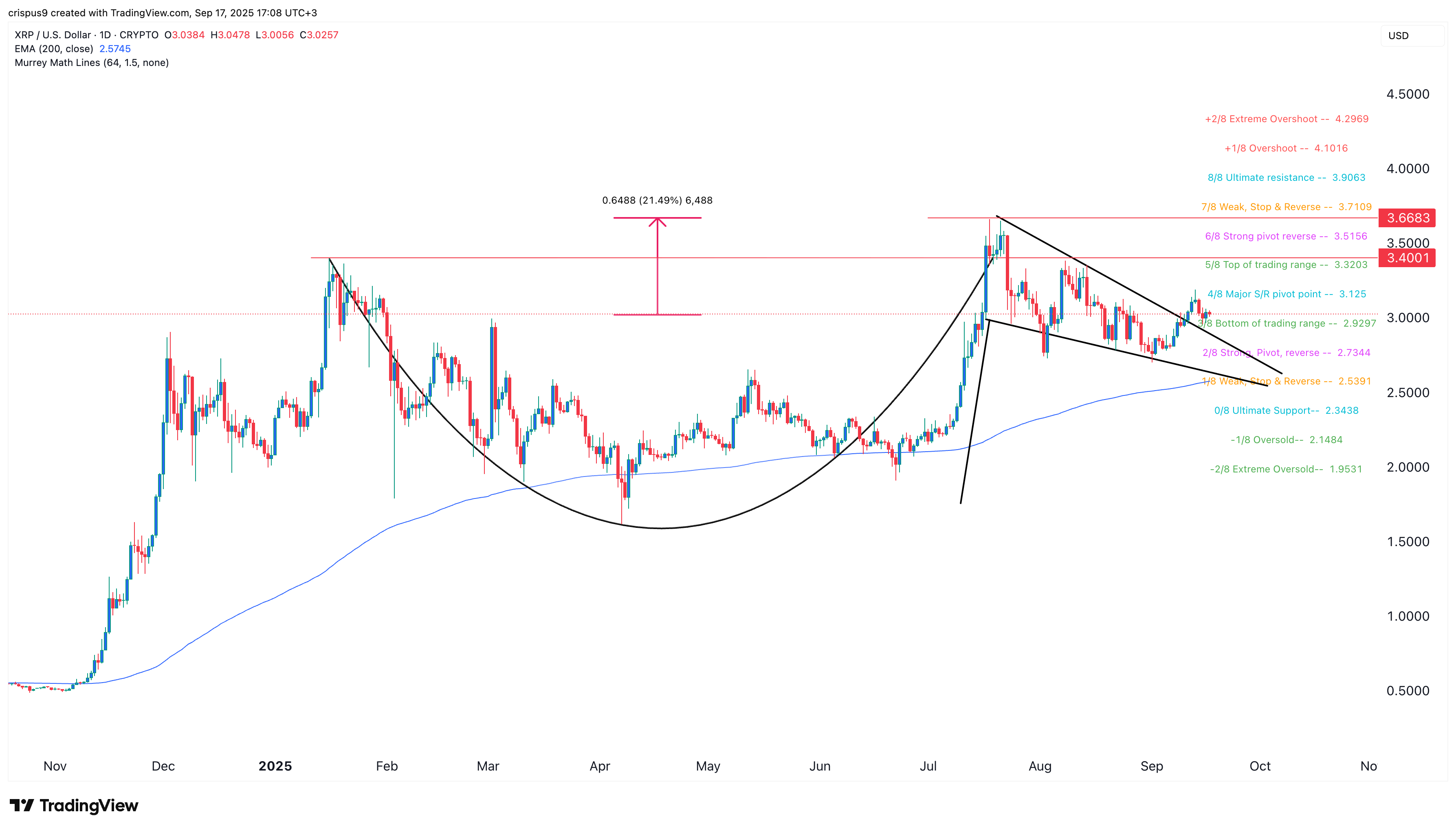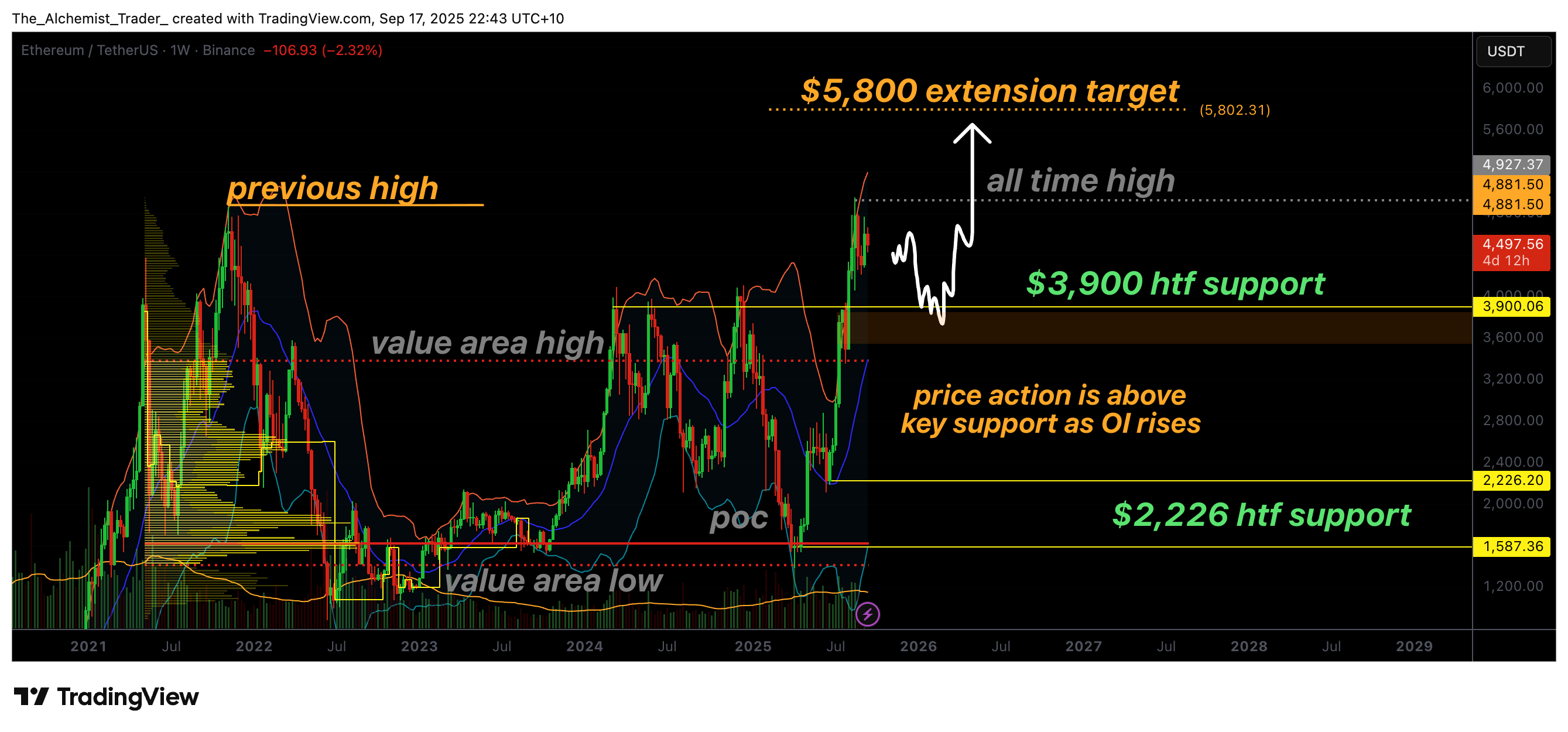REX Shares and Tuttle Capital launch 2X leveraged and inverse MicroStrategy ETFs

REX Shares and Tuttle Capital have partnered to launch two new exchange-traded funds offering the first 2X leveraged and inverse exposure to shares of MicroStrategy.
The asset managers announced the launch of the T-REX 2X Long MSTR Daily Target ETF and the T-REX 2X Inverse MSTR Daily Target ETF on Sept. 18.
The new products, which will track the daily price of MicroStrategy’s stock and offer exposure to the company’s Bitcoin (BTC) bet, will trade under the MSTU and MSTZ ticker symbols on the CBOE.
First 2x leveraged & inverse MSTR ETFs
REX and Tuttle Capital’s long and short MicroStrategy ETFs enter the market following asset manager Defiance ETF’s 1.75x leveraged ETF based on MicroStrategy, launched in August. The Defiance ETF saw decent volume following its release.
However, MSTU and MSTZ may gain more attention, given they are the first ETFs to offer 200% leveraged and -200% inverse exposure to MSTR stock.
Bloomberg’s senior ETF analyst, Eric Balchunas, says the REX/Tuttle MSTR ETF products will surpass Defiance ETF’s 1.75X MicroStrategy ETF. While the Defiance product “has been an instant hit,” the two new entrants are set to deliver volatility that could outpace that of SPX by 15x.
According to Greg King, chief executive officer of REX Shares’ parent company REX Financial, the 2X ETFs present an opportunity for traders to explore new ways to engage with MicroStrategy’s Bitcoin strategy. The company, which first bought BTC in August 2020, is the largest corporate holder of the digital asset.
“The 2X Leveraged and 2X Inverse MSTR ETFs offer traders unparalleled access to MicroStrategy’s Bitcoin exposure, whether they’re looking to amplify potential gains or hedge against market volatility.”
Matt Tuttle, chief executive officer of Tuttle Capital Management
MicroStrategy’s stock traded around $1.34 on Sept. 18 at 12:55 ET, with its price up 2.2% on the day and over 95% higher year-to-date.
Meanwhile, BTC hovered near $59,851 at the time of writing—largely unchanged over the past 24 hours and up 35.4% year-to-date.




